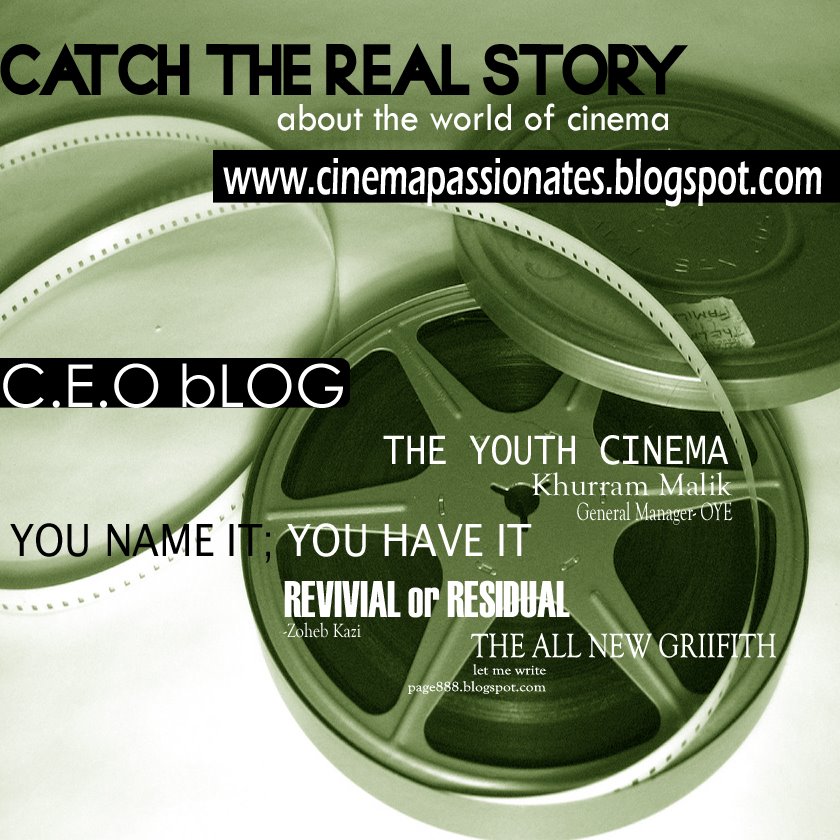There are many types of documentary films. The most common form of documentary is referred to as Direct Address (aka Voice of God). In such a documentary, the viewer is directly acknowledged, usually through narration and voice-overs. There is very little ambiguity and it is pretty obvious how you're expected to interpret these types of films. Many television and news programs use this style, to varying degrees of success. Ken Burns' infamous Civil War and Baseball series use this format eloquently, but most traditional propaganda films also fall into this category (a small caveat: most films are hybrids, rarely falling exclusively into one category). Such films give the illusion of being an invisible witness to certain events and are thus very persuasive and powerful.
Any documentary is biased in the Truth that it presents, even if the facts are undisputed. In a sense objectivity is impossible, which is why documentary scholar Bill Nichols admires films which seek to contextualize themselves, exposing their limitations and biases to the audience. Reflexive Documentaries use many devices to acknowledge the filmmaker's presence, perspective, and selectivity in constructing the film. It is thought that films like this are much more honest about their subjectivity, and thus provide a much greater service to the audience. An excellent example of a Reflexive documentary is Errol Morris' brilliant film, The Thin Blue Line. The film examines the "truth" around the murder of a Dallas policeman. The use of colored lighting throughout the film eventually correlates with who is innocent or guilty, and Morris is also quite manipulative through his use of editing - deconstructing and reconstructing the case to demonstrate just how problematic finding the truth can be. His use of framing calls attention to itself, daring the audience to question the intents of the filmmakers. The use of interviews in conjunction with editing is carefully structured to demonstrate the subjectivity of the film and its subjects. As you watch the movie, it becomes quite clear that Morris is toying with you, the viewer, and that he wants you to be critical of the "truth" he is presenting. Ironically, a documentary becomes more objective when it acknowledges its own biases and agenda. In other words, a documentary becomes more objective when it admits its own subjectivity. There are many other forms of documentary not covered here (i.e. direct cinema/cinema verité, interview-based, performative, mock-documentaries, etc... most of which mesh together as they did in Morris' Blue Line to form a hybrid). In Bill Nichols' seminal essay, Voice of Documentary (Can't seem to find a version online), he says:
"Documentary filmmakers have a responsibility not to be objective. Objectivity is a concept borrowed from the natural sciences and from journalism, with little place in the social sciences or documentary film."
The media emphatically does not acknowledge their biases. By bias, I don't mean anything as short-sighted as liberal or conservative media bias, I mean structural bias of which political orientation is but a small part (that link contains an excellent essay on the nature of media bias, one that I find presents a more complete picture and is much more useful than the tired old ideological bias we always hear so much about*). Such subjectivity does exist in journalism, yet the media stubbornly persists in their firm belief that they are presenting the objective truth.
Saturday, May 16, 2009
Subscribe to:
Post Comments (Atom)



No comments:
Post a Comment